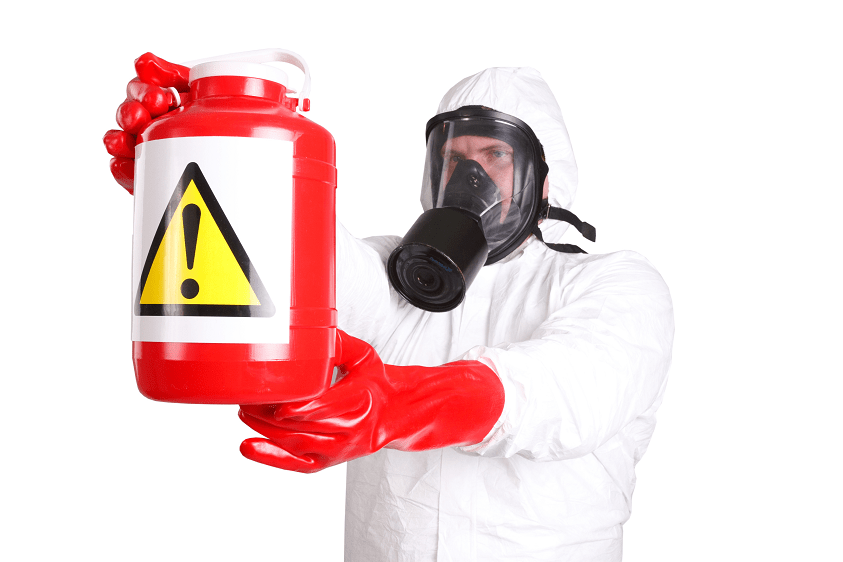Also known as 1-Bromopropane and n-propylbromide, nPB is an organobromine compound that’s widely used as a solvent in several industries. nPB works great for the right applications, but it has a major downside: its reputation as a human carcinogen and a cause of other health problems in those who regularly apply it. To help educate our customers on solvent selection, we take a look at some of the most commonly asked questions regarding nPB as a carcinogen.
What evidence shows that nPB is a cancer causing agent?
The National Toxicology Program (NTP) considers nPB to be “reasonably anticipated to be a human carcinogen” [NTP 2013]. This assessment is based largely on animal studies in which rodents developed cancers of the lung, large intestine, and skin after being exposed to nPB in the air (i.e., nPB as a hazardous air pollutant). Evidence for nPB as a carcinogen is extrapolated from these studies and “anticipated” to have the same effect in humans.
How much nPB exposure does it take to cause cancer?
The effect of nPB as a carcinogen varies considerably based on factors in the work environment (e.g., the presence or lack of an air filtration system), the user’s genetic predisposition to cancer, and the form in which nPB is used (e.g., as a degreasing solvent in a sealed parts washing system or as an open-air aerosol). Consequently, total avoidance of nPB is the safest policy.
Beyond cancer, what chronic health conditions can nPB cause?
According to OSHA’s hazard alert for nPB, nPB exposure “can damage the nervous system, [with neurological effects appearing in the form of] headaches, dizziness, loss of consciousness, slurred speech, confusion, difficulty walking, muscle twitching, and/or loss of feeling in arms and legs [Ichihara et al. 2012]. These effects may continue among affected persons even after exposure to 1-BP has ended.”
Will nPB be added to the EPA’s list of hazardous air pollutants?
Considering that the NTP now considers nPB to be an anticipated cause of cancer in humans, there is a good chance that the compound will eventually be placed on the Environmental Protection Agency’s (EPA) official list of hazardous air pollutants (HAPs) — also know as the agency’s “list of lists” — that are regulated for commercial and industrial use.
Does Ecolink offer nPB replacements that have the power of nPB?
Yes. We offer a selection of solvents that can serve as drop-in replacements for nPB solvents. In addition, we can create custom formulated solvents that match your unique requirements while still delivering at least the same efficacy of the nPB carcinogen solvents they replace. In some cases, you can implement a safer solvent that delivers even more power than nPB.
By replacing nPB with a safer solution, your company or organization does more than protect workers; it also protects its financial well-being by decreasing the likelihood of workers compensation claims and chemical injury lawsuits. To get started on choosing a replacement for nPB, call us today at (800) 563-1305, or use the contact form on our website. We look forward to helping you implement a safer, eco friendly solvent solution.















